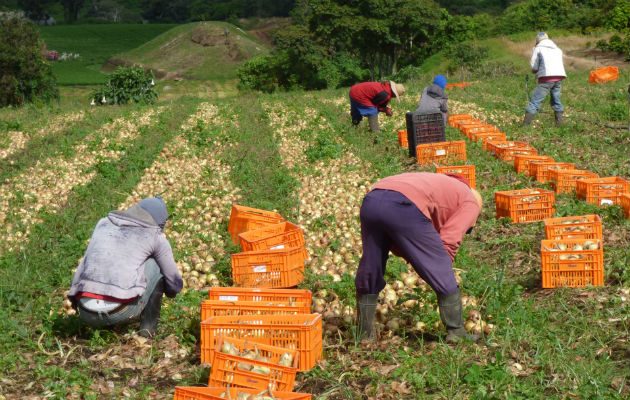The neglect of agricultural sector impacts exports
- Luis Ávila
- /
- /
- /
Before the recent signing of the partial trade agreement with Trinidad and Tobago Panama, local exporters say that the country has enough foreign market opportunities, so they are asking the authorities to focus more on improving the productive sectors.









Para comentar debes registrarte y completar los datos generales.